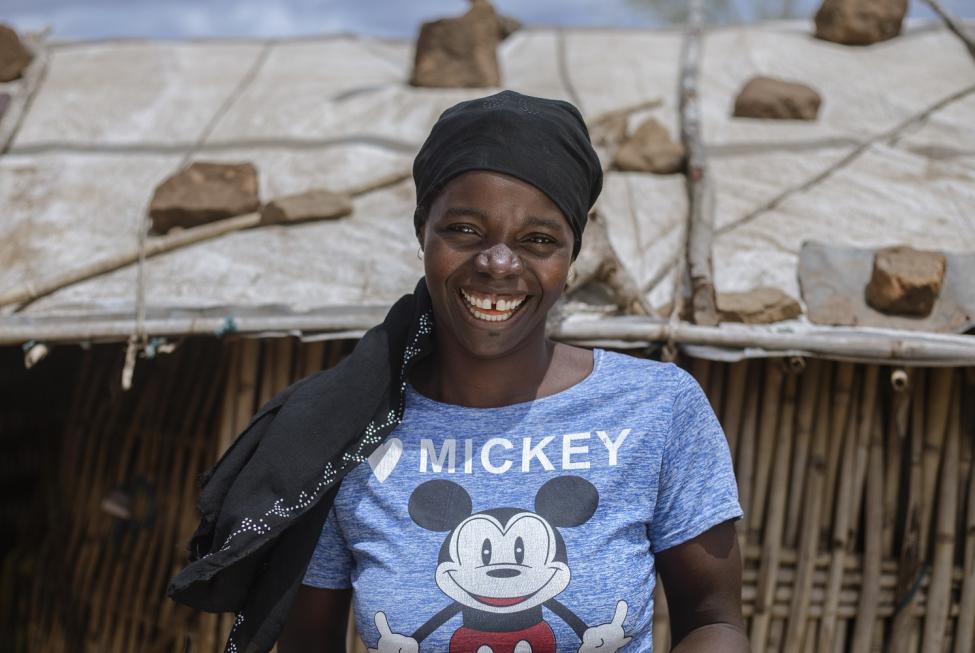-
Who We Are
WHO WE AREThe International Organization for Migration (IOM) is part of the United Nations System as the leading inter-governmental organization promoting since 1951 humane and orderly migration for the benefit of all, with 175 member states and a presence in over 100 countries. IOM has had a presence in Mozambique since 1994.
About
About
IOM Global
IOM Global
-
Our Work
Our WorkAs the leading inter-governmental organization promoting since 1951 humane and orderly migration, IOM plays a key role to support the achievement of the 2030 Agenda through different areas of intervention that connect both humanitarian assistance and sustainable development.
Cross-cutting (Global)
Cross-cutting (Global)
- Data and Resources
- Take Action
- 2030 Agenda
IOM’s CCCM Programme, with the generous support of The United Nations Central Emergency Response Fund (CERF), USAID's Bureau for Humanitarian Assistance (BHA), United Kingdom Foreign, Commonwealth & Development Office (FCDO) and the Embassy of Ireland in Mozambique, sets up Women’s Committees in displacement sites, aimed towards the empowerment of women and their engagement within camp management, increasing their participation in decision-making processes, and tackling the various problems faced by women through awareness raising, support and case referral to protection, health, Mental Health and Psychosocial Support (MHPSS) or CCCM services.
In 2021, CCCM created the Women’s Committee in Ngalane Relocation Site (Metuge, Cabo Delgado) and the women have shared their experience as members of the Committee.
With valour these women managed to flee insecurity in the Cabo Delgado region and their sacrifice has been great. Throughout 2020, they had to gradually abandon their villages, homes, crops, and belongings; detachment from friends, neighbours, and family; abandon their lives in Quissanga district and start again. Unfortunately, the vulnerability towards women remains unchanged. In Ngalane Relocation Site, where they were relocated together with their families, they again encountered lack of gender representation, girls dropping out of school due of early marriage and other factors faced by women and girls.
Ensuring meaningful participation of all groups of a displaced population in decision making processes in camp governance structures is an essential pillar of good camp management. Only when all groups’ voices are heard and considered, the assistance provided to them will be given considering these needs, capacities, and expectations. IOM’s CCCM Programme aims to provide platforms to support groups of people that otherwise may not get the same opportunity to engage and contribute to decision-making.



